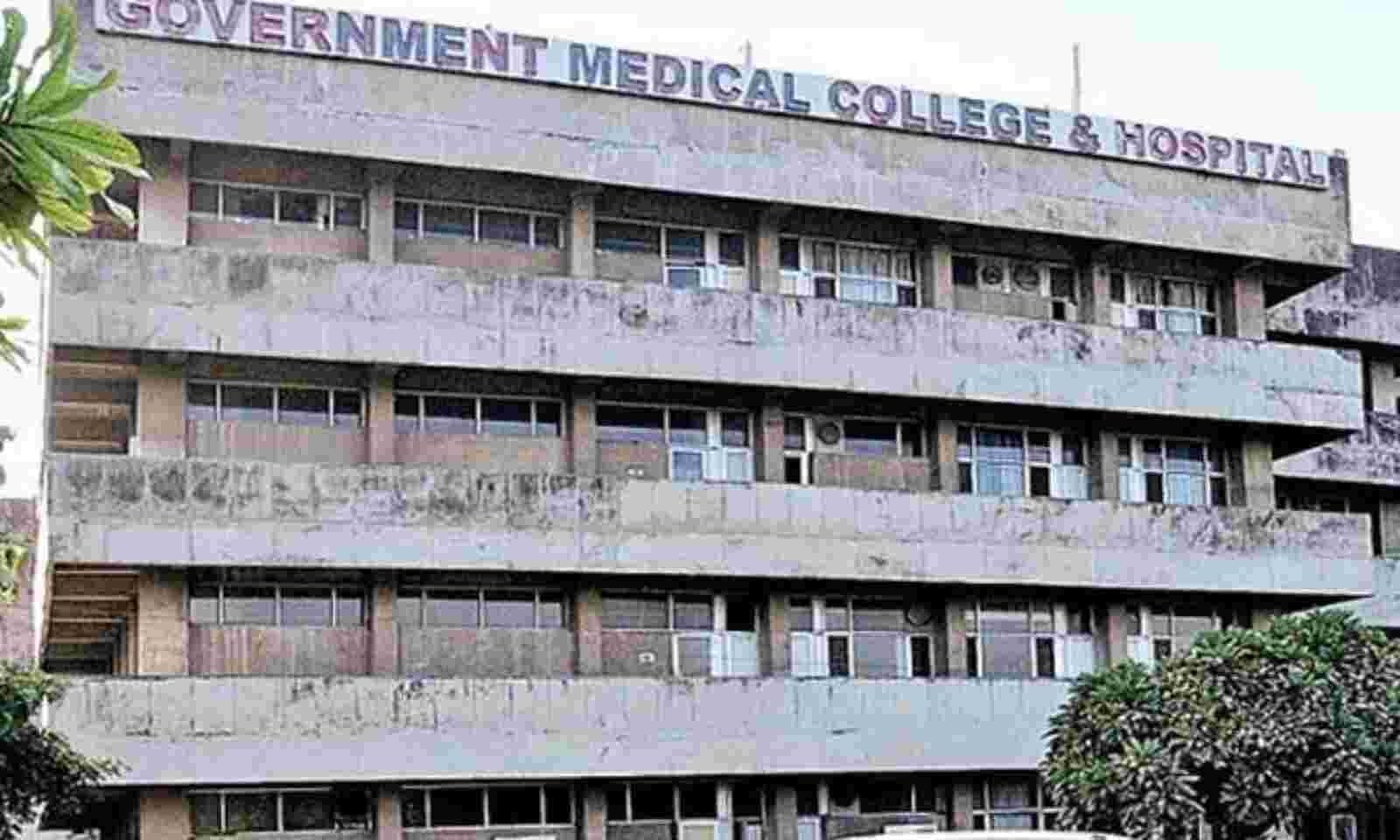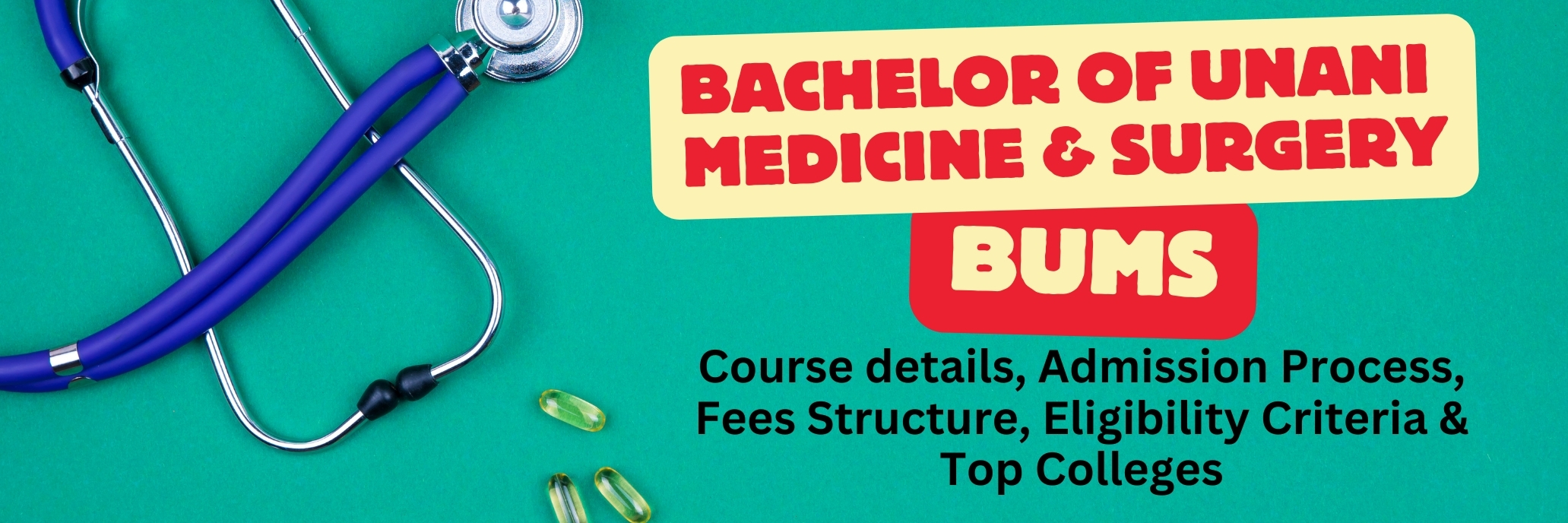Government Medical College, Purnea: A Paradigm Shift in Medical Education
Aryabhatta Knowledge University’s Government Medical College, Purnea, was recently given approval by the National Medical Commission (NMC) to offer 100 MBBS seats, which is a big development for Bihar’s medical education system. Medical students have reacted with great enthusiasm to this breakthrough, giving them cause to rejoice.
A Leading Healthcare Organisation
The Government Medical College, Purnea, was founded with the intention of creating a top-notch healthcare delivery system and offering medical education on par with that of other famous universities. The Kosi region’s healthcare system is about to undergo a change thanks to this medical institution, which places a major emphasis on providing excellent healthcare services and encouraging academic success.
Virtual Inauguration by the PM
Prime Minister Narendra Modi practically lay the groundwork for Government Medical College, Purnea in 2019, demonstrating the government’s dedication to enhancing the nation’s medical infrastructure and increasing access to high-quality healthcare. This virtual inauguration marked the start of a remarkable path towards offering prospective students full medical education.
Stylish Facilities and Infrastructure
Modern infrastructure and amenities are available at Government Medical College, Purnea, which are essential for providing high-quality medical education. By building the facility at a cost of 365.58 crore, Bihar Medical Services and Infrastructure Corporation Limited (BMSICL) assures that students have access to modern conveniences and a favourable learning environment.
The college is home to well-equipped labs, a sizable library with a sizable collection of medical books, and cosy accommodations for students. Additionally, the nearby hospital offers a practical clinical education that enables students to put their academic learning into practise.
The National Medical Commission’s endorsement
Through a Letter of Intent (LOI) published on June 13, the National Medical Commission (NMC) authorised the start of MBBS admissions at the Government Medical College, Purnea, beginning with the academic year 2023–2024. The Medical Assessment and Rating Board (MARB) of the NMC carefully examined the college’s infrastructure, academic expertise, research contributions, and accessibility to necessary resources before reaching its conclusion, which led to this approval.
The NMC’s support of Government Medical College, Purnea demonstrates its faith in the institution’s capacity to provide top-notch medical education and turn out skilled healthcare workers.
Enhancing the Medical Education Landscape in Bihar
Government Medical College, Purnea’s addition raises the profile of Bihar’s medical education system. By exceeding the presence of private medical colleges in Katihar and Kishanganj, this college becomes the first government medical institution in the entire Kosi region. The founding of a government medical college in this area is a big accomplishment that will be crucial in closing the healthcare gap and meeting the local population’s medical demands.
Increase in Medical Seats
Government Medical College, Purnea has been added to the list of Bihar’s 12 government medical colleges, which also includes prestigious schools like AIIMS and IGIMS. These institutions together provide 2,040 MBBS seats, considerably enhancing the options accessible to the state’s medical aspirants. The expansion and accessibility of medical education in Bihar is aided by the addition of 100 MBBS seats at Government Medical College, Purnea.
Admissions for MBBS begin.
Following formal approval from the MARB, Government Medical College, Purnea is anticipating opening its doors to new students for its MBBS programme. Within a fortnight, aspirant students can anticipate the start of the counselling process, ensuring a streamlined admissions process and prompt enrolling.
Acceptance and Recognition
Government Medical College in Purnea has won praise and admiration for its accomplishments. Former dean of Aryabhatta Knowledge University (AKU), Dr. Rajiv Ranjan Prasad, expressed confidence about the college’s influence on the area and emphasised the value of having a government medical facility in the Kosi region. With the installation of Government Medical College, Purnea, Bihar’s medical education and health infrastructure have advanced significantly.
Pratyaya Amrit, the assistant chief secretary for the health department, cited the founding of the Government Medical College, Purnea, as a significant development in the field of health infrastructure. The significance of this institution’s future impact on the state’s medical education and healthcare system is highlighted by this acknowledgment.
The Government Medical College in Purnea is evidence of the government’s dedication to improving healthcare and medical education in Bihar. The institution’s approval to offer 100 MBBS seats marks a significant shift in the healthcare environment of the area by empowering ambitious medical professionals and giving them a stage on which to succeed.
The extensive infrastructure, renowned faculty, and dedication to excellence ensure that Government Medical College, Purnea, is well-positioned to become a significant hub of medical education and make a significant contribution to the healthcare sector in Bihar as the college gets ready to start its academic journey.

























